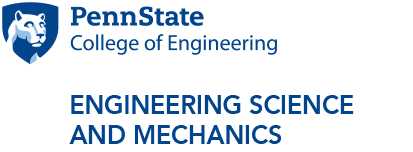Emerging hardware technologies for brain-inspired computing
Abstract: Training of artificial intelligence systems is expected to consume massive amounts of computing resources in the coming decades at significant financial and environmental costs. New hardware alternatives are necessary to keep up with the increasing demand in complexity and energy efficiency in this sector. Brain-inspired computing is a promising avenue, since the brain is capable of continuously learning from new data, while consuming only few Watts. Current artificial intelligence systems have limited biomimicry, as exemplified by deep neural networks with simplistic neuronal and synaptic dynamics. Their training is usually executed in microprocessors, graphics processing units or tensor processing units based on existing digital hardware technologies. While deep neural networks have led to impressive progress in computer vision and language processing, their energy consumption is 8-10 orders of magnitude higher than the brain. Brain-inspired hardware based on emerging analog hardware technologies, like memristors (or resistive switching devices or ReRAM), show promise for dense energy efficient systems given their ultra-scalable footprint and better energy/bit consumption. Training of brain-inspired systems large enough for useful real-life applications is theoretically highly efficient. In this talk, I will describe the opportunities and challenges of achieving practical adoption and our interdisciplinary work on designing, fabricating, and testing memristor-based systems for the next generation of brain-inspired computing hardware.
Biography: Gina Adam is an assistant professor with the Electrical and Computer Engineering department at the George Washington University. Her group works on the development of emerging non-volatile memory devices and novel hardware foundations that will enable new ways of neuro-inspired computing. She received her Ph.D. in electrical and computer engineering from the University of California Santa Barbara in 2015 and was a research scientist at the Romanian National Institute for Research and Development in Microtechnologies and a visiting scholar at École Polytechnique Fédérale de Lausanne before joining GWU. She was the recipient of an International Fulbright Science and Technology award in 2010, a Mirzayan fellowship at the National Academy of Engineering in 2012, a H2020 Marie Sklodowska-Curie grant from the European Commission in 2016, a NSF CRII award in 2020, and AFOSR YIP and NSF CAREER awards in 2023.
Media Contact: Bethany Illig



